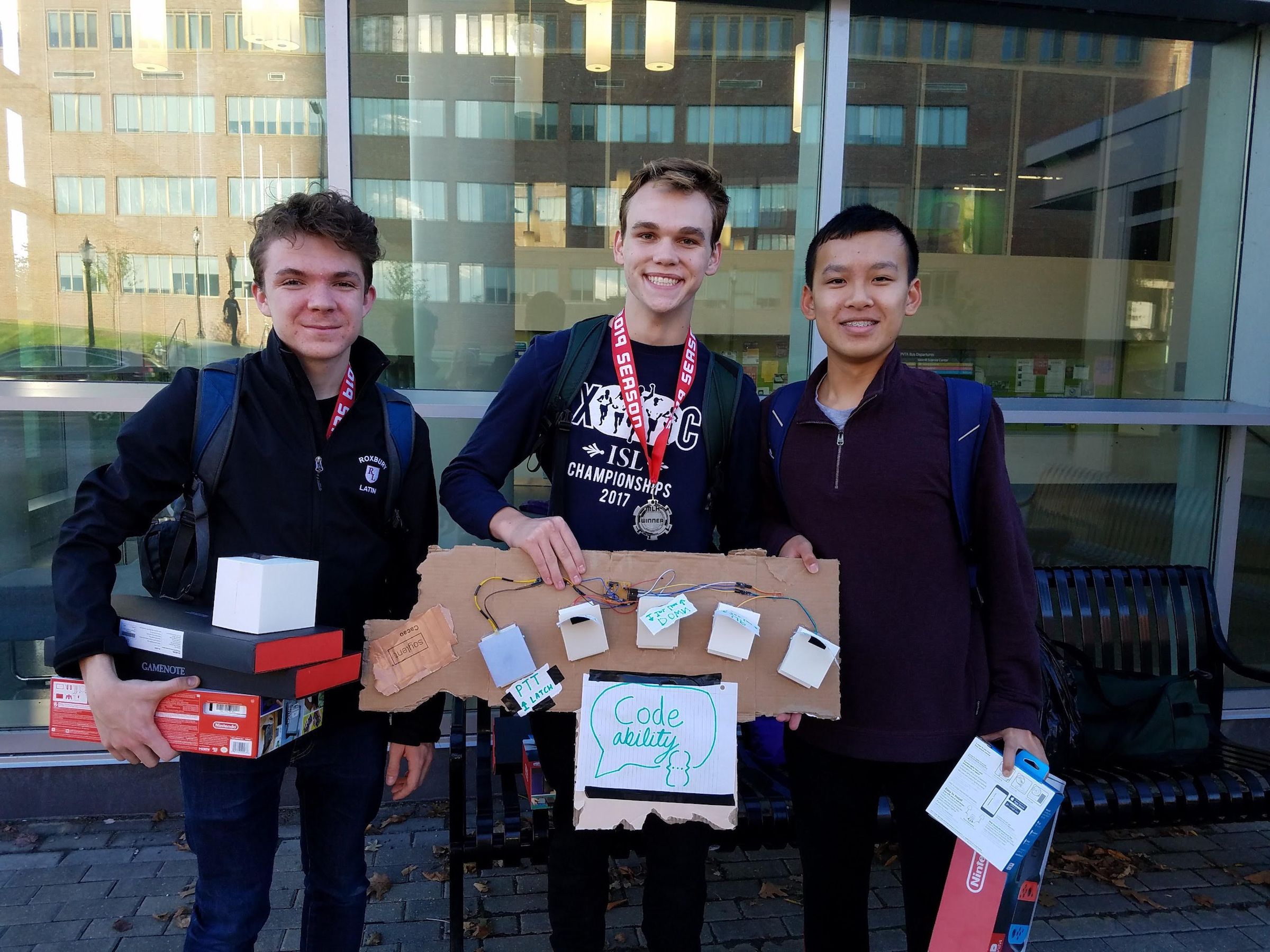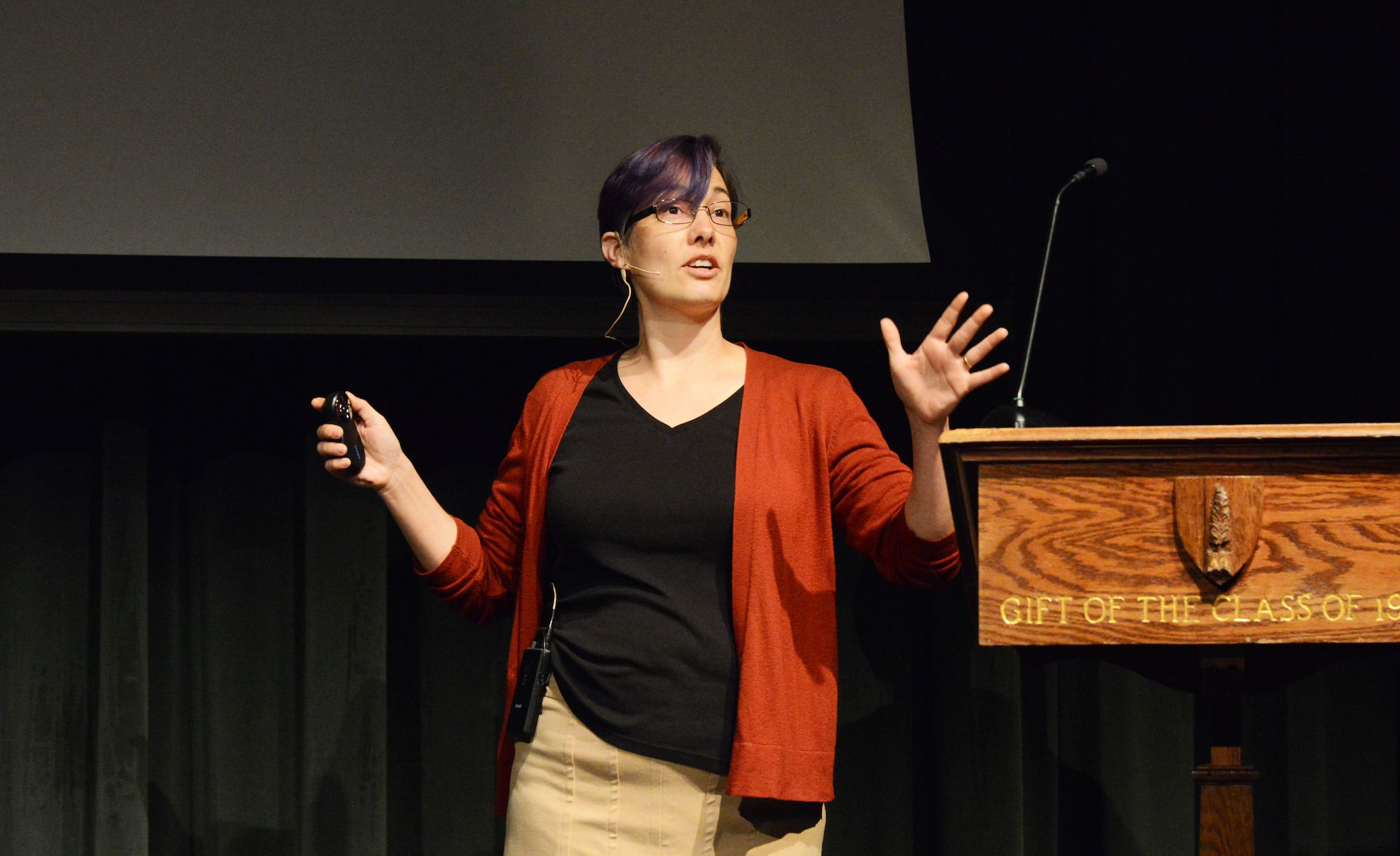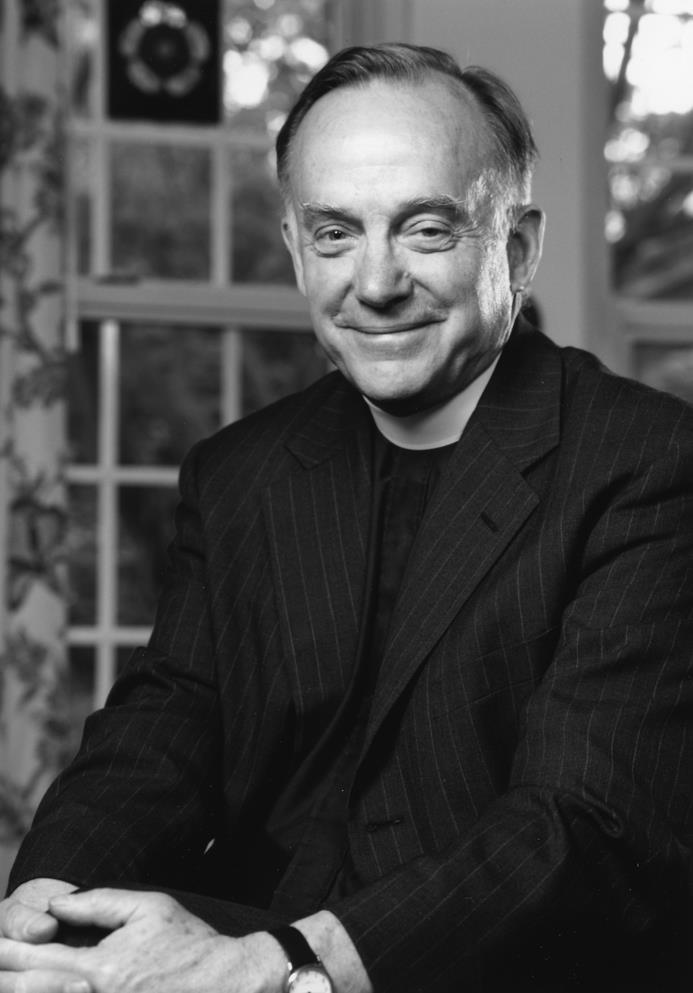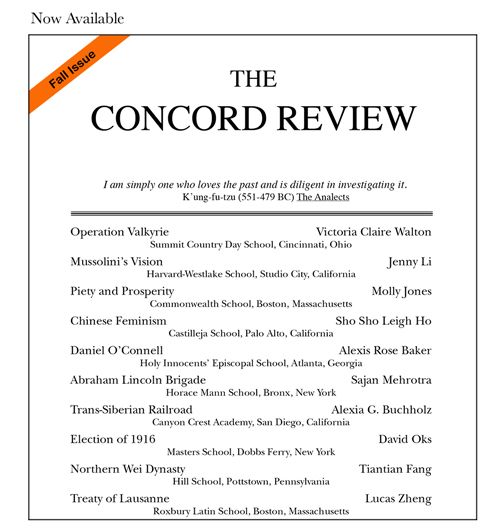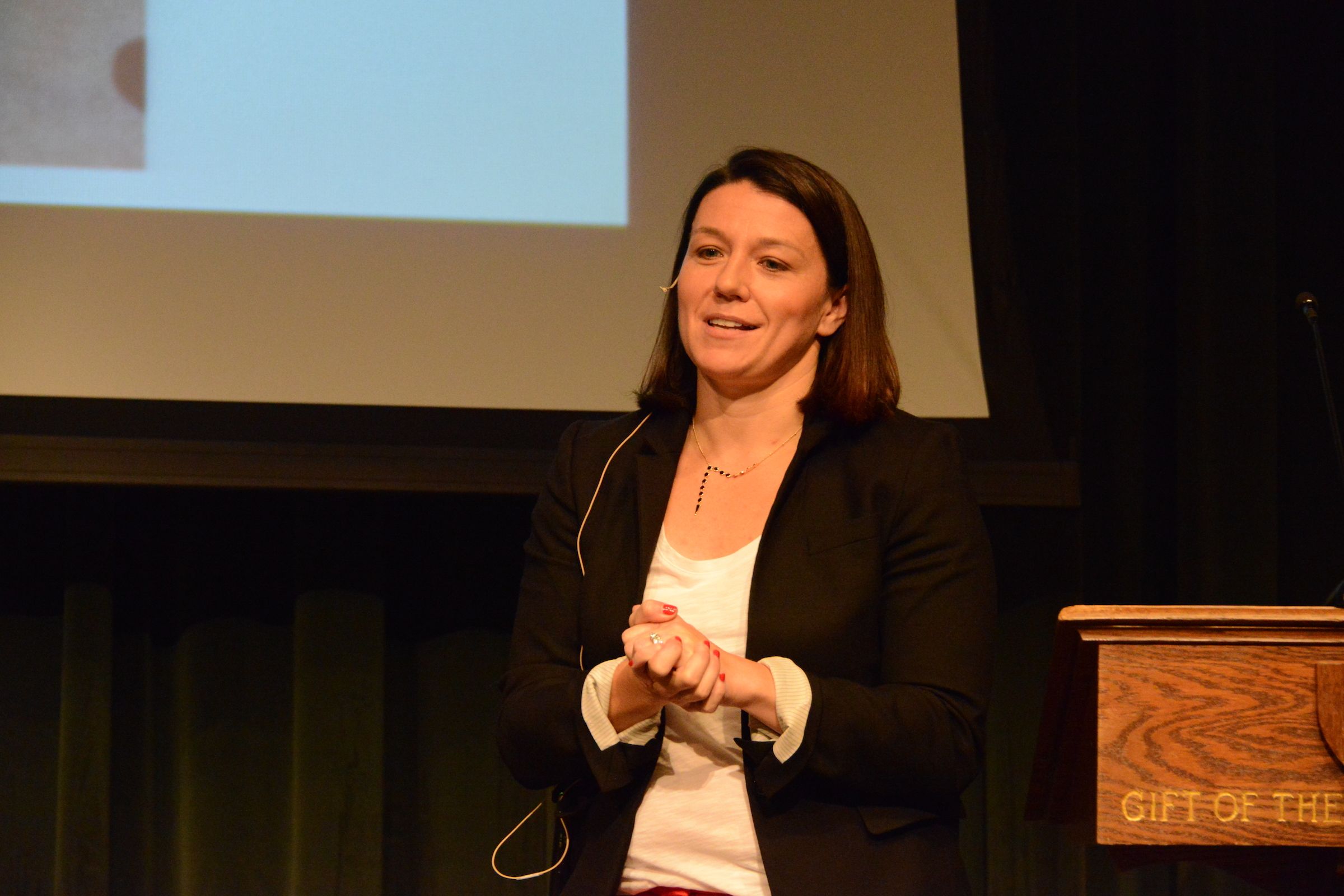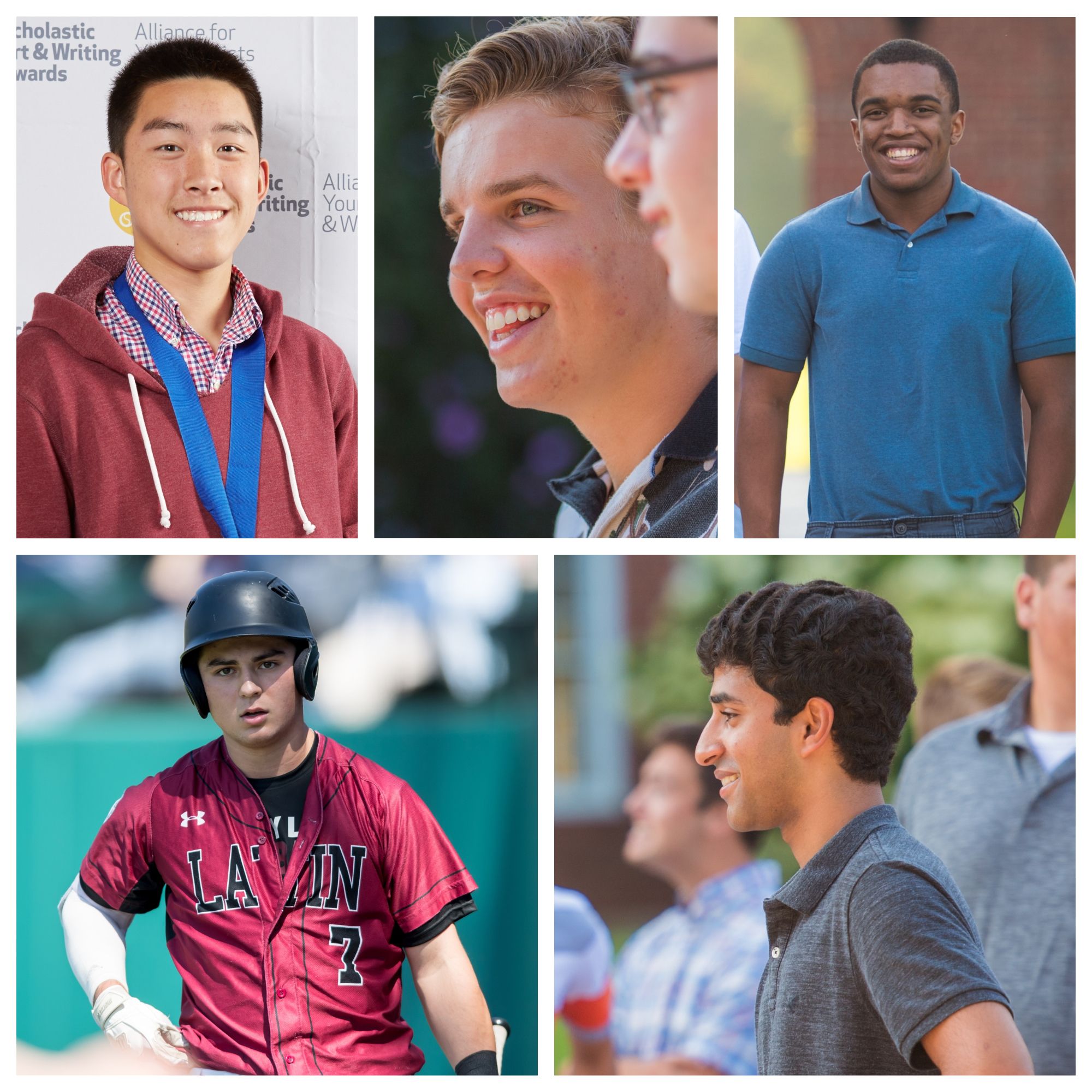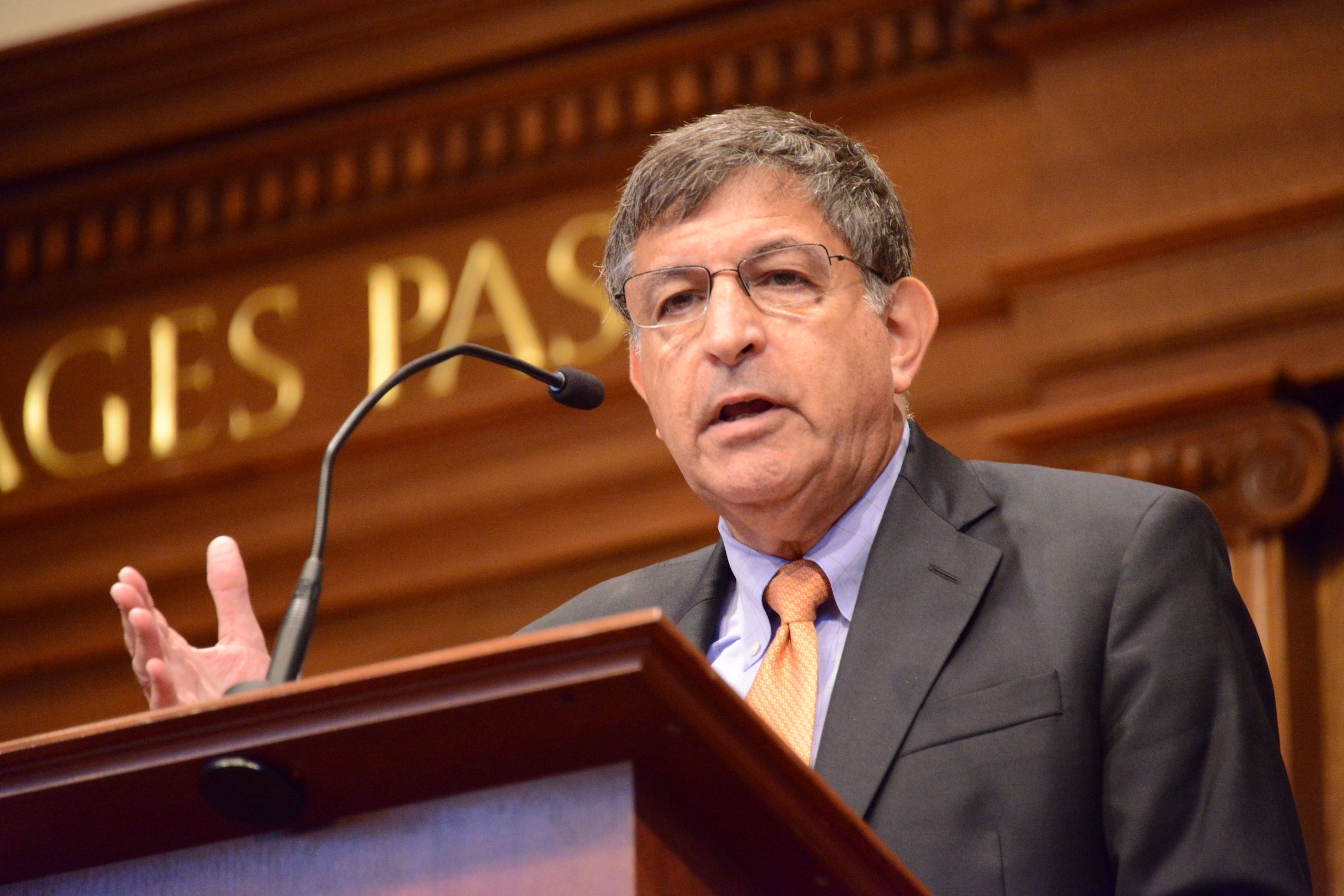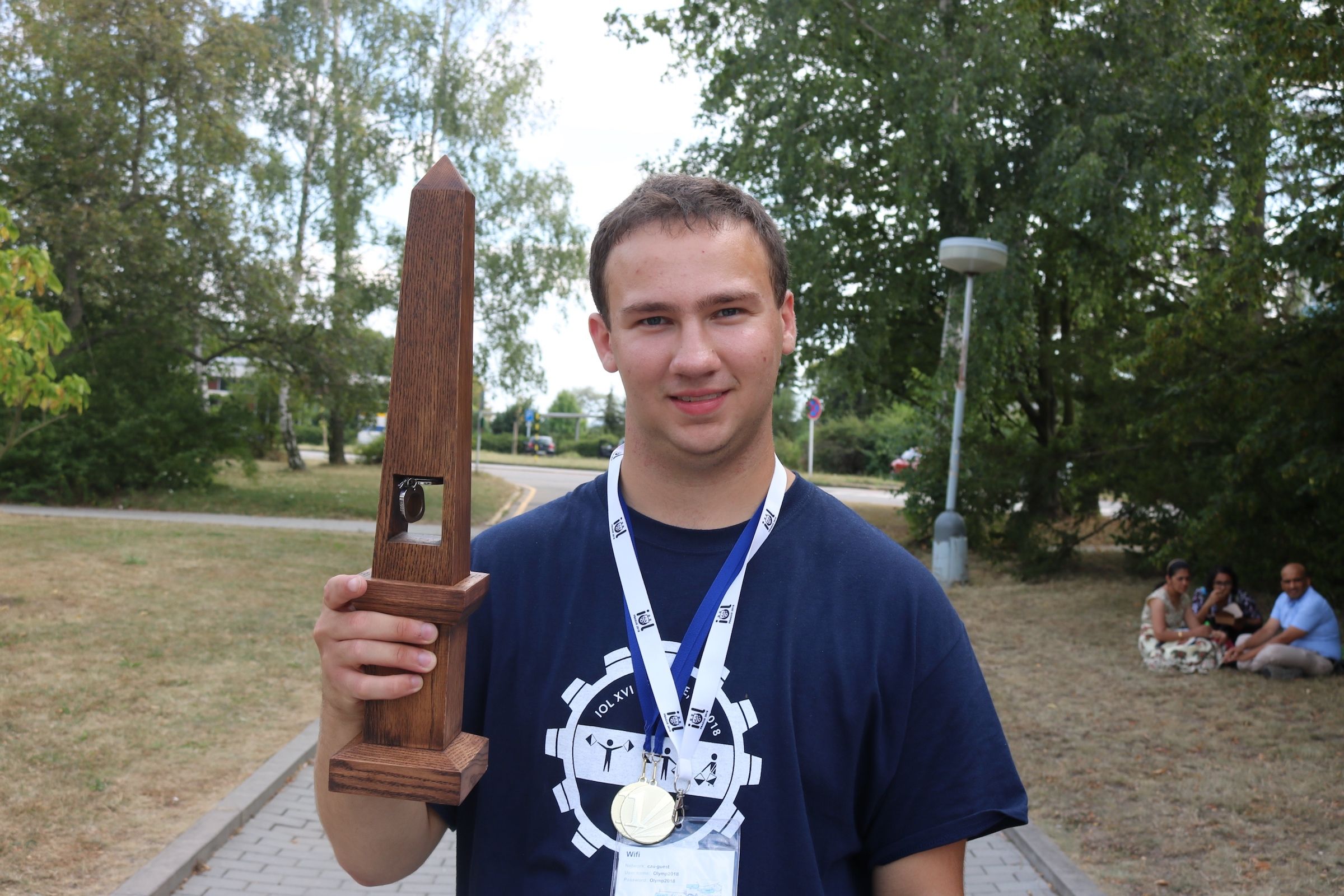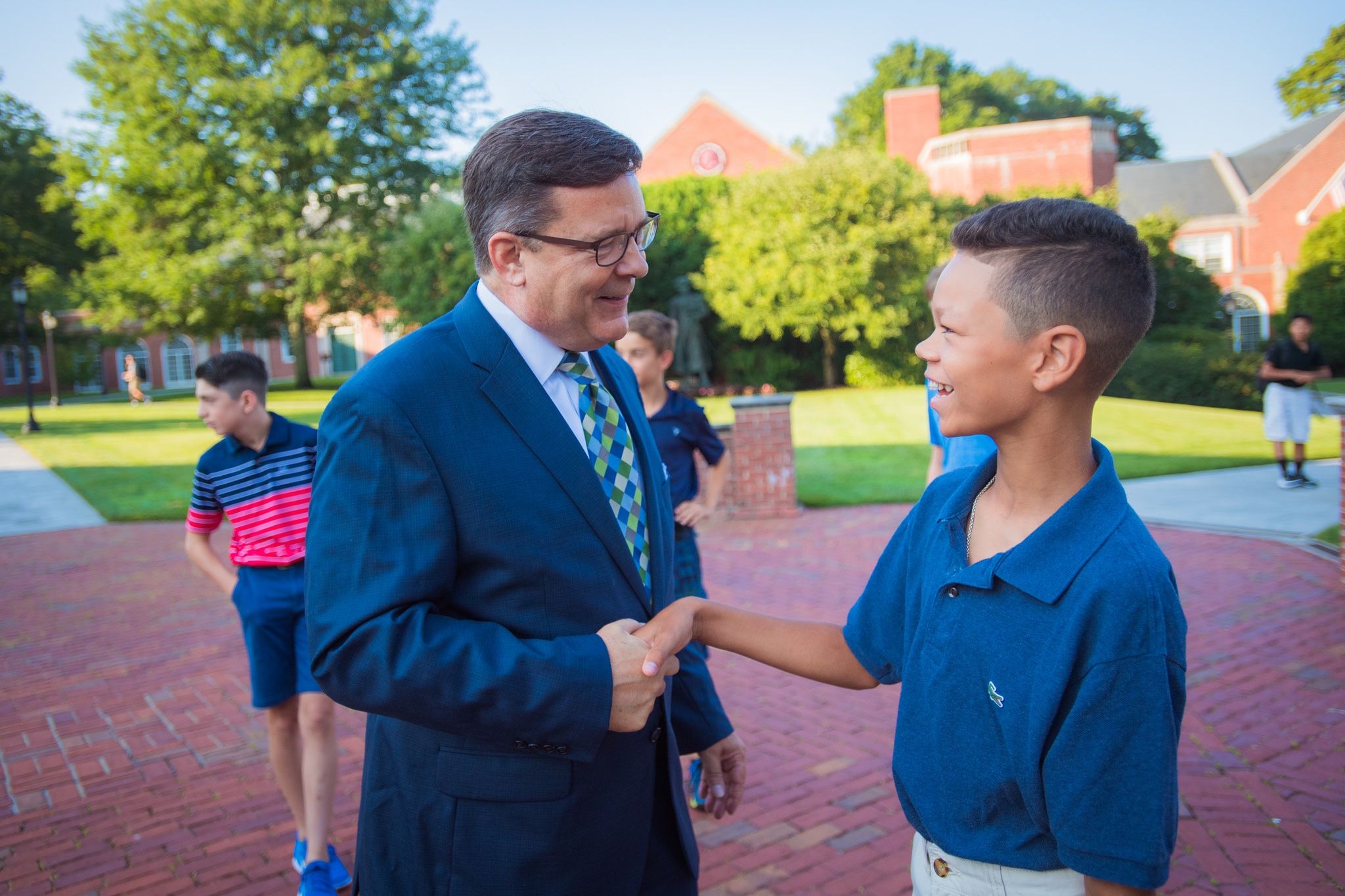The Reverend F. Washington Jarvis, III, Roxbury Latin’s 10th Headmaster, died the morning of October 7, after a long, courageous battle with cancer. On Tony’s passing, Headmaster Kerry Brennan shared the following with the RL community:
Tony Jarvis was the most significant figure in the School’s fourth century. Tony arrived on the scene in 1974, a largely inexperienced school leader, and took the place by storm. He succeeded Richmond Mayo-Smith, who had led the School during tumultuous times and signaled an appreciation for modern trends that were aborning in American education. Tony realized what had been at the core of Roxbury Latin’s continuity and success during its long history and restored the School to its Classical roots. Truth be told, Tony re-invented the School capitalizing on RL’s past, and affirmed or established traditions of scholastic excellence, character formation, and gathered community. Roxbury Latin became a much more diverse place thanks to Tony’s commitment, and he consciously established a financial model that sustained a humble, but generous, approach to providing opportunity to all kinds of aspiring Boston boys. Tony’s commitment over his thirty years of leading Roxbury Latin was to each individual boy. In part, his insistence on RL remaining a relatively small, intimate place was in order that each boy could be “known and loved.” In Tony’s own distinctive style, he offered life-changing counseling to hundreds of boys who benefited from his empathic, but clear, view of their particular odysseys, and his willingness to extend himself on behalf of countless boys who were facing special challenges.
Of course, over his time as Roxbury Latin’s Headmaster, Tony established its global reputation as a dynamic, healthy place in which boys could thrive. Numerous school leaders from across the globe counted on Tony for his advice and friendship. His leadership was affirmed in numerous ways including his being elected President of both The Headmasters Association and the Country Day School Headmasters Association. He served as trustee of numerous educational and charitable organizations, and received several honorary degrees. Thanks to partnerships with a few key alumni benefactors, and architect Bill Buckingham, he transformed the physical nature of the campus providing much needed support for an expanded, more ambitious program in a suite of buildings that celebrated a consistent, unified architectural approach
In retirement, Tony went on to found and direct Berkeley’s Education Leadership and Ministry Program at Yale Divinity School. Throughout his years in Boston, Tony served as Priest Associate (and occasionally as Acting Rector) at his beloved All Saints Church, Ashmont.
Tony Jarvis was an amazing force for good, a once-in-a-lifetime teacher, friend, and leader. His transformative work will live on in the lives of those of us who were taught and mentored by him. We will not see his kind again. Among the ways he taught us was in the powerful commitment to his faith. He was not afraid of death and welcomed what was to follow. For that profound assertion and our own gratitude for his catalytic life, we are convinced Tony will rest in peace.
Tony’s formal obituary, which includes details regarding upcoming services, is as follows:
F. Washington Jarvis III died October 7, 2018, at CareDimensions Hospice Home in Lincoln, MA after a long illness. Tony was born to Frank Washington Jarvis and Prudence Crandall Jarvis in Pittsburgh, PA on June 24, 1939. After growing up outside of Cleveland, OH Tony attended St. Mark’s School in Southborough, MA and graduated with honors from Harvard College. He received his M.A. from Cambridge University in England, and his S.T.B. from the Episcopal Theological School in Cambridge, MA. He was awarded honorary doctorates by Bowdoin College (L.H.D., 1998), Middlebury College (D.Litt., 2004), and the Berkeley Divinity School at Yale (D.D., 2016).
Tony was an Episcopal priest. From 1964 to 1971 he served as Curate at St. Paul’s Church in Cleveland. He had special interest in and responsibility for the youth of this large parish, and the program he developed attracted young people from all over the city. In 1971 he was appointed Chairman of the History Department at University School in Cleveland, and the following year Assistant Director, Upper School.
For thirty years, from 1974 to 2004, Tony was headmaster of The Roxbury Latin School in Boston. Founded in 1645, Roxbury Latin is the oldest school in continuous existence in North America. After retiring at age 65 from Roxbury Latin, Tony served twice as a chaplain and master at Eton College in England, and as scholar-in-residence at schools in Perth and Sydney, Australia. He spoke at numerous educational conferences and schools—and served as a guest preacher and speaker—across the US and abroad in Australia, Canada, New Zealand, South Africa, and the United Kingdom. He delivered the Pitt Lecture at Yale in October 2012. From 2008 to 2016, Tony taught at Yale University, where he was founder and Director of the Educational Leadership and Ministry Program at the Berkeley Divinity School.
Tony was past President of the Headmasters Association of the United States and of the Country Day School Headmasters Association, and he was the former Chairman of the Commission on Independent Schools of the New England Association of Schools and Colleges. He served a five-year term as member of the Massachusetts State Ethics Commission. He was a trustee of the Independent School Association of Massachusetts, Winsor School, the American Friends of Maru a Pula (Botswana), and Portsmouth Abbey School. Since 1976 and until the time of his death he was priest associate at the Parish of All Saints, Ashmont, an inner city parish in the Dorchester neighborhood of the City of Boston where he lived.
Tony was the author of eight books and numerous articles in the fields of history, education, and religion. His book, With Love and Prayers, a collection of forty addresses to students, won the Christopher Award for adult non-fiction. He was a Member of the Most Venerable Order of the Hospital of St. John of Jerusalem, the Society of Mary, and the Society of King Charles the Martyr.
Tony was predeceased by his sister, Faith Crandall Jarvis Smith, and is survived by his brother-in-law, Craig E. Smith of Hingham; his nephews Ned Smith and his wife, Kristin, of Houston, TX and Benjamin G. J. Smith and his wife, Stacey, of Acton; his niece Cricket Smith Segaloff and her husband, Brett, of Harvard; and his five great nieces and nephews: Catie, Annie, Timmy, Sarah, and Teddy.
Visitation at the Parish of All Saints, Ashmont will be on Friday, October 12, from 4 to 8 p.m. A Solemn Requiem Mass will be celebrated Saturday, October 13, at 11 a.m. In lieu of flowers, donations may be made in honor of Tony to the Parish of All Saints, Ashmont, 209 Ashmont Street, Dorchester, MA 02124 or The Roxbury Latin School, 101 Saint Theresa Avenue, West Roxbury, MA 02132.
Details regarding a memorial service at Roxbury Latin will be forthcoming.
Included below is a video of Tony speaking at the Opening of Winter Term Hall in January 2016. This glimpse is representative of how so many at Roxbury Latin remember him.

